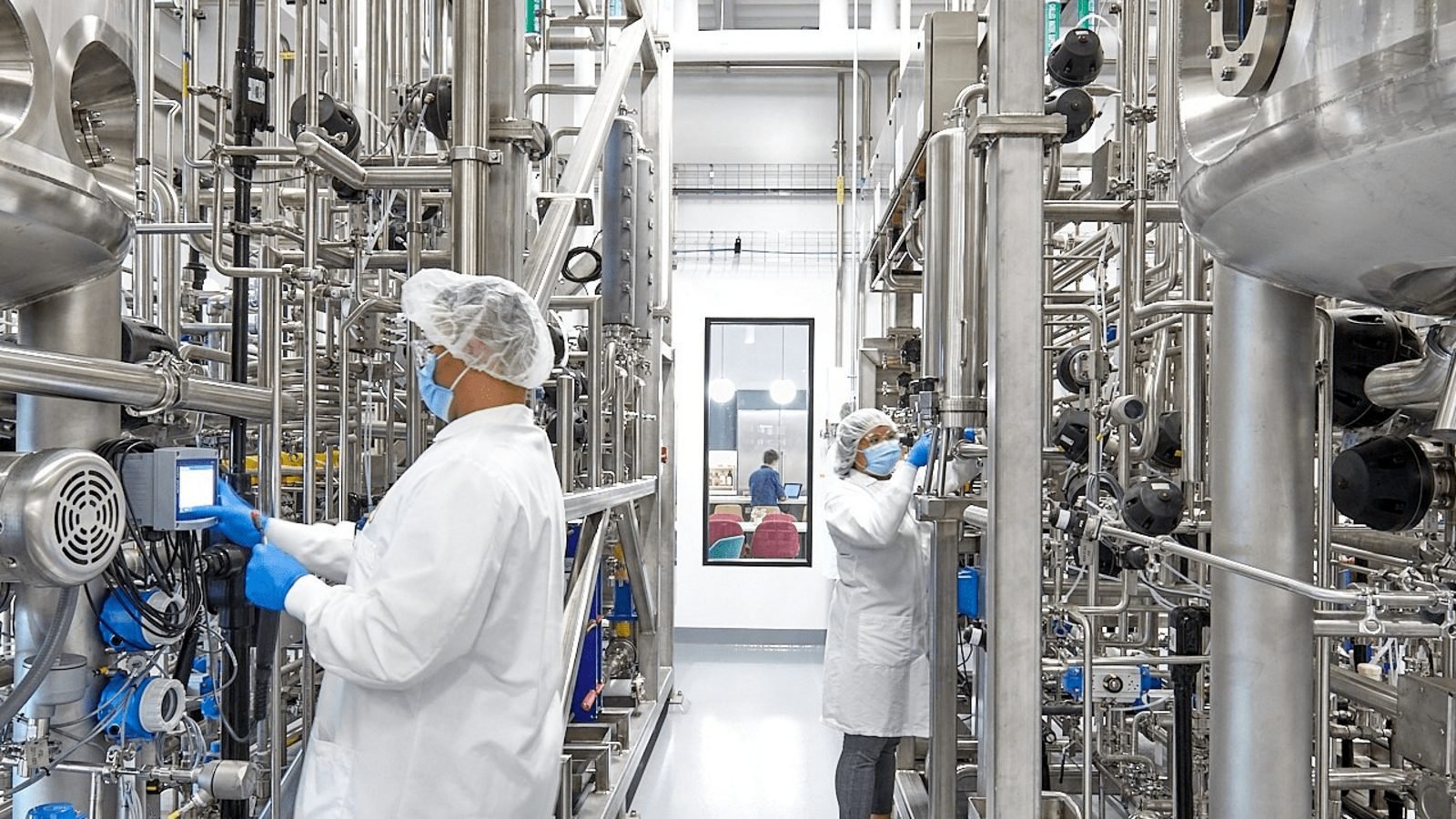Huge News: Cultivated Meat Just Got the Green Light from the FDA
“US consumers will soon have the chance to eat delicious meat that’s grown directly from animal cells,” - Dr. Uma Valeti, CEO and Founder of Upside Foods.
Credit: Upside Foods
Cultivated meat has been approved for human consumption in the United States for the first time, bringing the world one step closer to a world without slaughterhouses.
California-based startup Upside Foods has received the green light from the US Food & Drug Administration (FDA) for its chicken made from real animal cells. The company received a “No Questions” letter, meaning that the FDA agrees that Upside’s cultivated meat is safe to eat.
“This is a watershed moment in the history of food,” said Dr. Uma Valeti, CEO and Founder of Upside Foods. “We started Upside amid a world full of skeptics, and today, we’ve made history again as the first company to receive a ‘No Questions’ letter from the FDA for cultivated meat. This milestone marks a major step towards a new era in meat production, and I’m thrilled that US consumers will soon have the chance to eat delicious meat that’s grown directly from animal cells.”
Upside will now work with the United States Department of Agriculture’s (USDA) Food Safety and Inspection Service (FSIS) to complete the remaining regulatory steps that will allow cultivated meat to be sold in the US market. The company has not yet provided a time frame for when that will happen, but says that ‘more details on the timing of the launch will follow.’
“This historic announcement from the FDA is the foundational step in the regulatory process,” Valeti told TechCrunch via email. “Next, we will work with USDA to obtain a grant of inspection for our Engineering, Production, and Innovation Center (EPIC), and to approve our label. Once those items are complete, we can begin commercial production and sales of our cultivated chicken filet.”
EPIC. Credit: Upside Foods
According to the agency, the facility in which the product is made must meet applicable requirements, including facility registration for the cell culture portion. Additionally, the manufacturing establishment needs a grant of inspection from FSIS for the harvest and post-harvest portions and the product itself requires a USDA mark of inspection.
“We are already engaged in discussions with multiple firms about various types of food made from cultured animal cells, including food made from seafood cells that will be overseen solely by the FDA,” the FDA said in a written statement. “Our goal is to support innovation in food technologies while always maintaining as our priority the production of safe food. Human food made with cultured animal cells must meet the same stringent requirements, including safety requirements, as all other food.”
One of the major hurdles remaining for cultivated products is scaling up production and getting the cost to an affordable price.
“Initially our chicken will be sold at a price premium,” said Valeti. “As we scale, we expect to eventually reach price parity with conventionally-produced meat. Our goal is to ultimately be more affordable than conventionally-produced meat.”
Credit: Upside Foods
There are currently more than 151 companies working on cultivated food tech solutions across six continents, with more than $2.6 billion invested into the space, according to Good Food Institute (GFI), a non-profit think tank working to accelerate alternative protein innovation. Currently, Singapore is the only country in the world where these products can be sold to consumers after food technology company Eat Just won regulatory approval for its cell-based chicken in Singapore two years ago.
“We anticipate that this news will usher in a new wave of investment, talent, and B2B technological innovations, and we’re excited to propagate this milestone in many other countries around the world,” said GFI. “The US is a pivotal market and this sets a strong precedent for other nations to follow suit and be leaders in reimagining the global meat supply.
Dear chickens of the world, a letter from Uma Valeti. Read here.
In 2023 and beyond, Species Unite will continue to champion the solutions including cultivated meat that can help transition the world away from animal products. Join our community by becoming a member today and check out our Future of Food podcast episodes to learn more about cellular agriculture.
We Have A Favor To Ask…
Species Unite amplifies well-researched solutions to some of the most abusive animal industries operating today.
At this crucial moment, with worldwide momentum for change building, it’s vital we share these animal-free solutions with the world - and we need your help.
We’re a nonprofit, and so to keep sharing these solutions, we’re relying on you - with your support, we can continue our essential work in growing a powerful community of animal advocates this year.
More stories:
Species Unite
A collection of stories of those who fight the good fight on behalf of animals.






Meat giant JBS USA misled consumers with fake sustainability claims to boost sales, the lawsuit alleges.